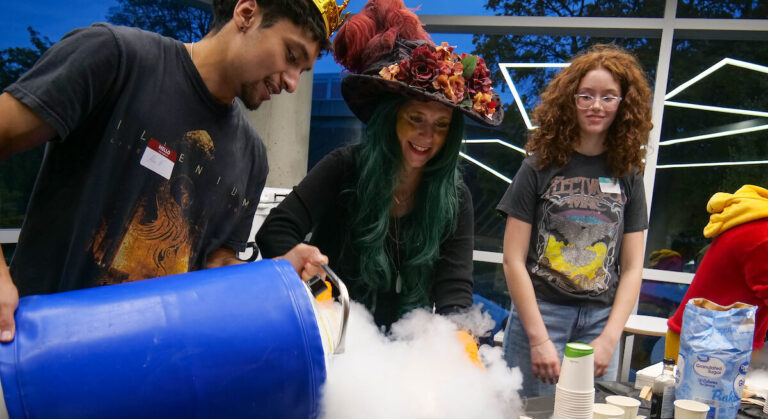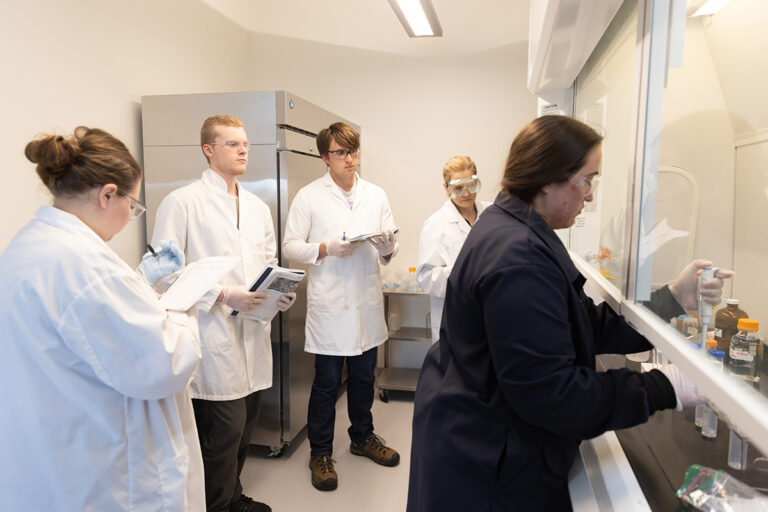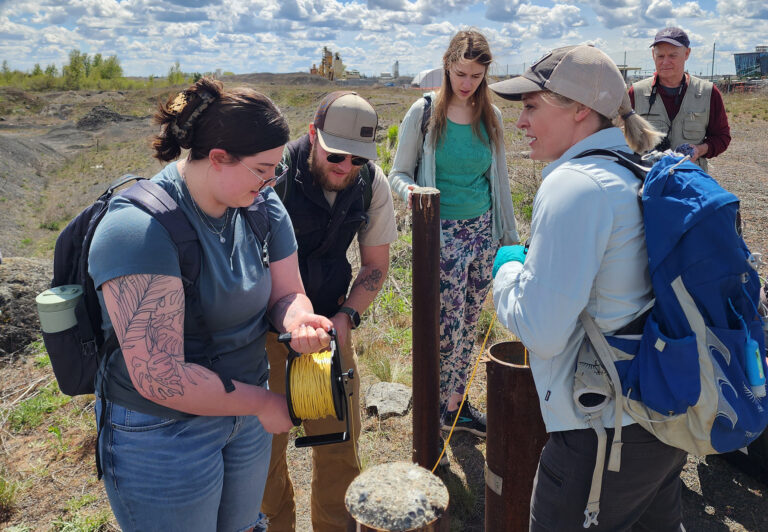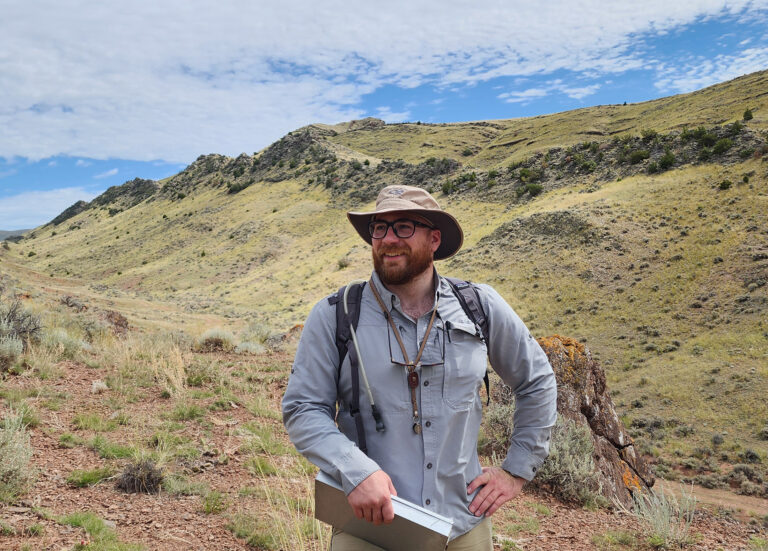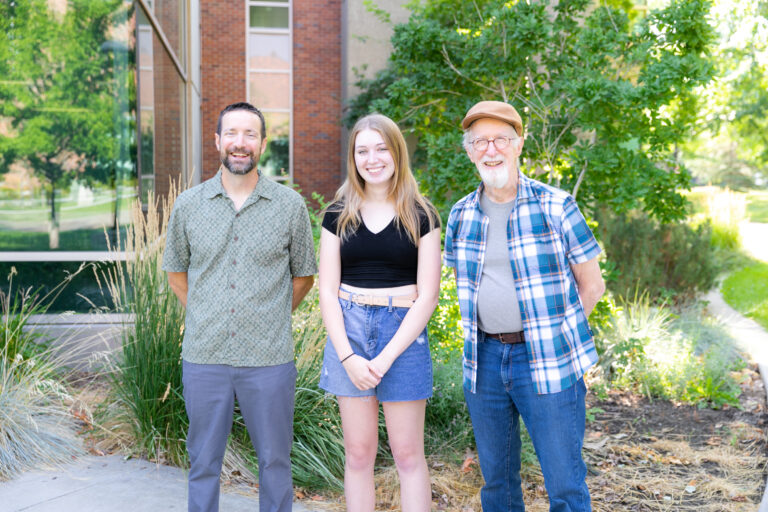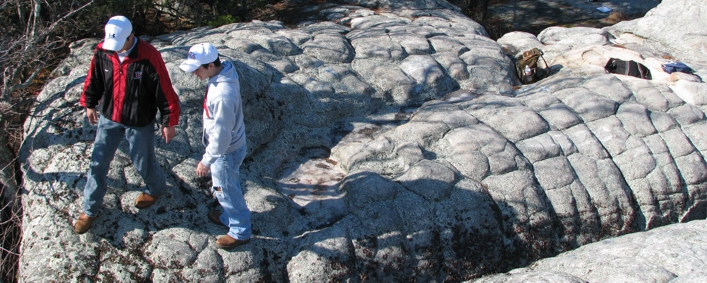The Alumni-Funded Undergraduate Research Grant was established in 2013 to support research done by undergraduate students at Eastern Washington University. The grant was initiated from a generous donation from a former student who graduated from EWU with a B.S. in Geology in 2003 and from Baylor University with a Ph.D. in Geology. He is currently a research geologist and technical team leader at Exxon Mobil in Houston, TX where he works with others to predict the presence of oil/gas reservoirs in remote and under-explored parts of the world.
Application Deadline: Second Friday of the fall, winter, and spring quarters.
Eligibility:
- Applicants must be an EWU undergraduate student with a major declared in Geology (B.S. or B.A.) or Environmental Science (with an emphasis in Geology).
- Applicants must have at least a 3.0 GPA in his/her geology/environmental science courses, and at least an EWU 3.0 GPA overall.
- A professor in the Department of Geology must supervise student research.
- All application materials must be received by the deadline.
Use of Funds:
A student in good standing may be awarded a maximum of $300 during their time at EWU. Funds may be used for:
- field or lab supplies,
- sample analyses, or
- travel expenses required for fieldwork and/or sample analyses.
Funds may not be used for personal field gear (e.g., hiking boots), salary, travel expenses for a professional meeting, tuition, or textbooks.
Those who receive an award are expected to:
- present their work at the EWU Research and Creative Works Symposium or other professional meetings and
- submit a final report to the Geology Department immediately following the completion of the project.
The report should detail how the award was spent, a summary of the research, and a list of any publications or presentations given at the EWU Research and Creative Works Symposium or professional meetings generated by this research.
Application Procedure:
- Complete the application form (PDF).
- Submit an electronic copy to our Department’s Administrative Assistant (jsamson1@ewu.edu) and the Department Interim Chair, Dr. Robert Sauders (rsauders@ewu.edu) and your faculty advisor on the second Friday of the fall, winter, or spring quarters.
- Recipients will be announced by the fourth week of the quarter.
